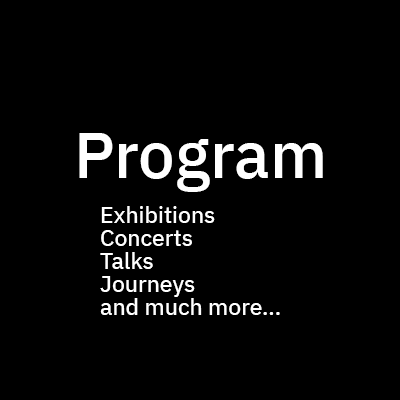ARS ELECTRONICA
FESTIVAL FOR ART, TECHNOLOGY, SOCIETY
September 8-12, 2021
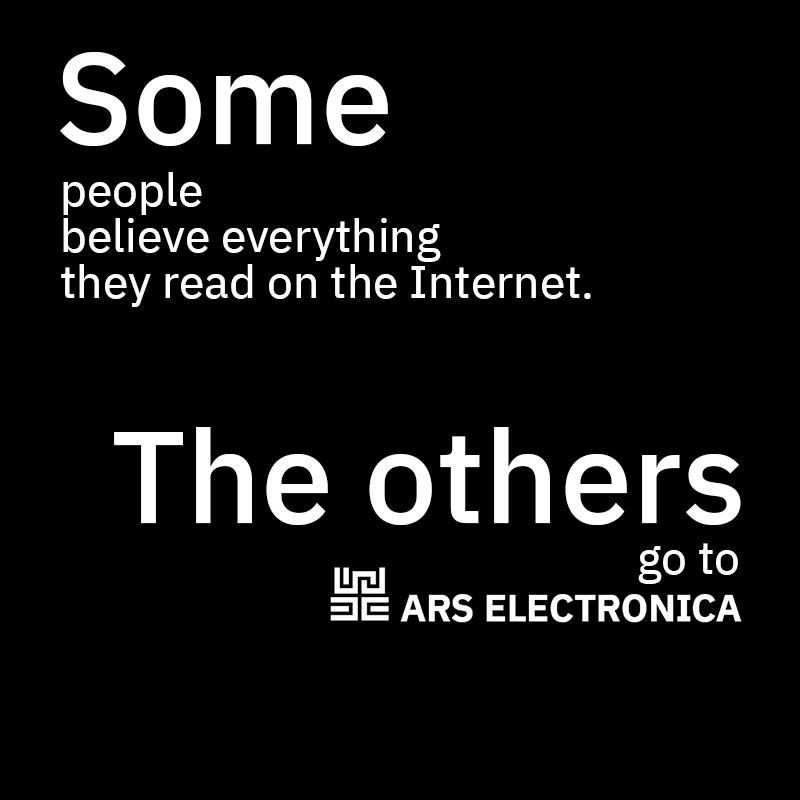
Ever since arguably the worst of all presidents made “fake news” his trademark, it’s been clear that, first, it’s not always easy to distinguih right from wrong, but second, it’s never been more important to be able to do exactly that… The digital revolution has ensured that we – at least those who are lucky enough to live in a pluralistic and democratic society – have access to all kinds of information. But this in turn constantly raises the question of which article we should definitely read and which cat video we can safely skip? The agony of choice. In addition, various algorithms have nothing else in mind than to present us with a truly beautiful, new – i.e. personalized – online world in which we are reinforced, reinforced and reinforced again in our opinion. Cognitive dissonance was yesterday – today, anything to the contrary is not even displayed. But how to deal with it? What to believe and what not to believe? And how do we check whether sources are trustworthy?
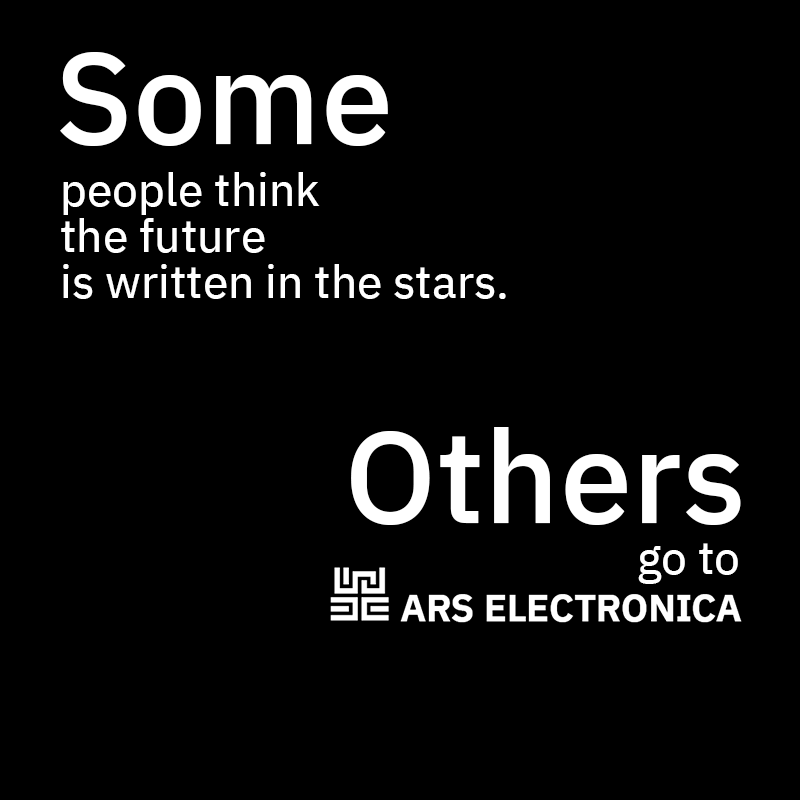
“What can we do about it?” “The IT corporations do what they want anyway.” “It will work out somehow”. Or: “Future? The train has left”… Of course, no one knows what our future will be like. Fortunately. But it’s just as clear that it’s up to us and that our actions here and now will determine what our tomorrow will look like. Digitalization opens up a huge opportunity for us. Never before has it been so easy to communicate and exchange ideas with other people – like-minded people and fellow campaigners – and never before has it been so easy to inform ourselves and organize ourselves. But that doesn’t mean it’s a foregone conclusion. All our social media and apps are merely infrastructures that only become social and thus relevant spaces through us and our actions. It is we who must become active and step out of the notorious comfort zone. We have to make demands, interfere and want to have our say, we have to work on compromises and insist on their implementation. We have to make an effort. Because helping to shape the future is and remains working on the future.
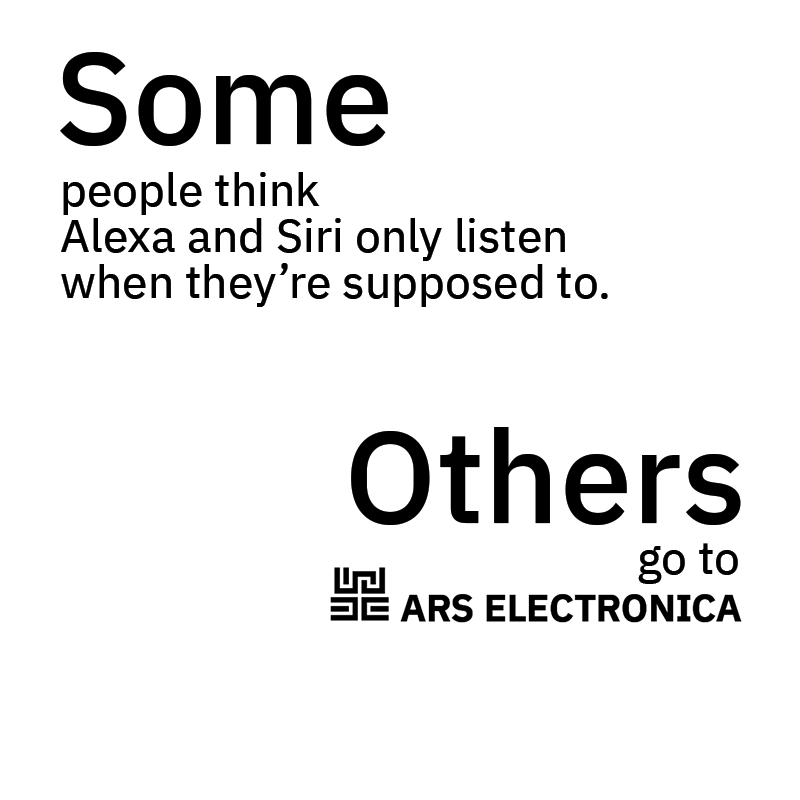
Oh, what good helpers they are, our Alexas and Siris and all their names. Always there when you need them, always friendly, in a good mood and helpful, never annoyed or even dismissive. A “no” does not exist for them, whose existence is exhausted in fulfilling all our wishes immediately… Pushing the light switch is a thing of the past. With voice-controlled AI systems, these and other everyday tasks can be performed in a much more modern way. All it takes is an “Alexa!? …” or a “Siri!? …” and our smart assistants are already pricking up their ears, accessing Internet-based databases and turning the lights up and down, playing music and showing films, ordering food or anything else that “others have also bought”. The question remains, do Alexa and Siri only listen to us when they’re supposed to? Their manufacturers say yes. But how credible is that? And because the voice control of these systems is purchased from specialized companies, the question also arises as to who actually stores and evaluates everything that is said in our living rooms and bedrooms, where and for how long?
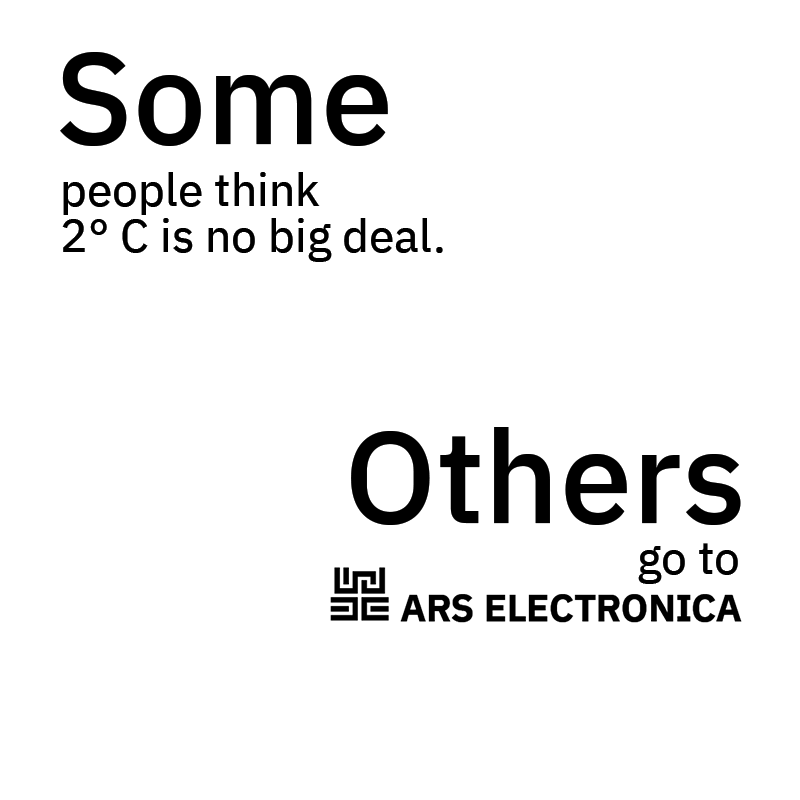
By plane, our top politicians rush from summit to summit and from one climate goal to the next. Rarely – one gets the feeling – does this result in more than a group photo and the non-binding announcement of some climate-compatible goal for the year X. The latter is always chosen in such a way that the ambition of the acting persons is expressed, but at the same time one can still wait “a little” (because who knows, maybe our climate problem will suddenly solve itself?!) … There is a lot of talk, discussion and argument about whether climate change is man-made or not. A question that is completely irrelevant. Just like the question of whether this hailstorm or this tornado is a direct consequence of climate change or not. Either way, the heating up of our planet threatens the livelihood of the species Homo Sapiens, which (still) has the power to slow down this development. We will not stop it or even reverse it. But we can gain time – time that we urgently need to adapt. To change our lifestyle (by the way, we could see this not always as a step backwards and a renunciation, but as a social development), to develop technology that creates not only economic, but also ecological added value, and, and, and…. All this is possible. We just have to stop dealing with “distant” targets and symbolic climate policy and start doing something concrete.


